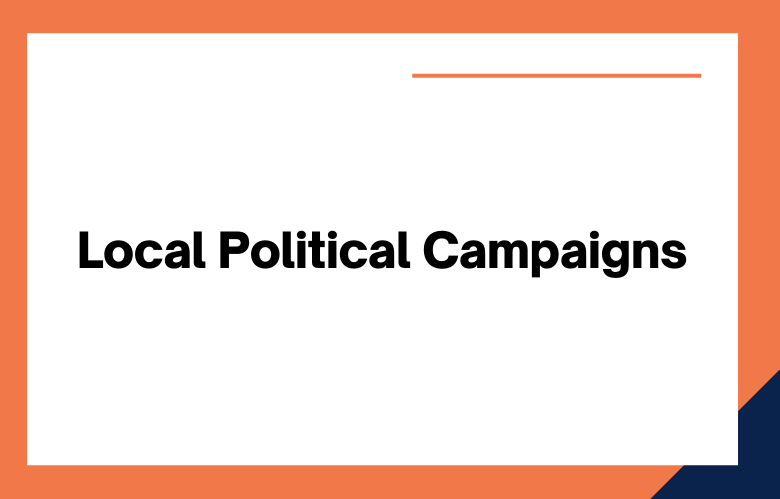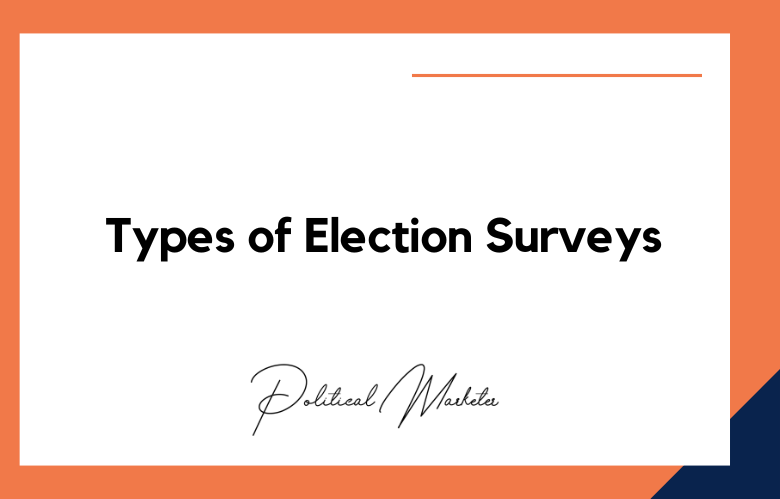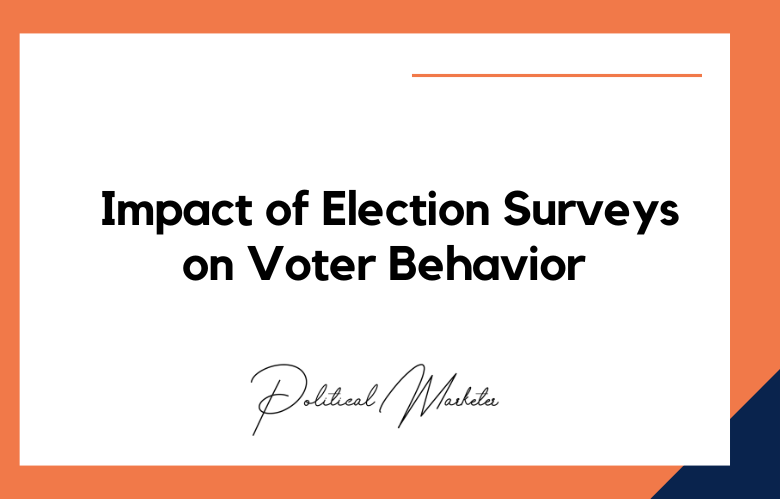How Earned Media Plays a Roll in Political Campaigns
Over the last decade, earned media has become integral to any political campaign.
But what exactly is earned media? Put, made media is publicity that is not paid for but generated through press releases or interviews.
Earned media is one of the primary ways candidates and their campaigns reach potential voters. Let’s examine how earned media plays a role in political campaigns.
What is Earned Media?
Earned media refers to any free publicity that a candidate or campaign receives.
This could include newspaper coverage, radio interviews, television appearances, or viral content on social media platforms like Twitter and Instagram.
This advertising relies heavily on public opinion and can be incredibly powerful if used effectively.
How Can Candidates Use Earned Media?
Candidates must understand how to use earned media for their campaigns to maximize their potential benefit.
One way they can do this is by selecting news outlets likely to cover their story unbiasedly, not to alienate potential voters with overly partisan rhetoric.
They should also invest time in crafting thoughtful messages that resonate with their target audience while still being mindful that they’re speaking publicly.
They should avoid saying anything too controversial or inflammatory.
Candidates should utilize all available channels to gain free publicity; whether it’s local radio stations or national television networks, every bit helps to get your message out there!
Understanding the Role of Earned Media in Political Campaigns?
Political campaigns rely heavily on earned media, defined as publicity gained through promotional efforts other than paid advertising.
Earned media is a powerful tool for politicians to get their message out, shape public opinion, and reach potential voters. Let’s examine how media works in political campaigns and why it is essential.
How To Generate Earned Media?
Generating earned media is no easy task – it typically involves a great deal of planning and strategic outreach to journalists or bloggers interested in writing about your campaign or cause.
One way to generate earned media is by hosting events that attract press members, such as press conferences, rallies with high-profile guest speakers, or exciting activities that capture reporters’ attention looking for interesting stories to write about.
Another strategy is to join local chambers of commerce or business associations where you can network with like-minded individuals who may be able to provide you with additional resources for your campaign,
Such as connections with journalists who might write about you or access to venues where you could host events such as fundraisers or town hall meetings that attract people from all walks of life, including the press.
The Power of Earned Media in Political Campaigns?
Earned media gives politicians access to an audience they could not reach with traditional advertising.
For example, candidates appearing on a news program speak directly to viewers who may not have heard about their campaign otherwise.
Earned media gives the candidate credibility because it signals to voters that other people—journalists, reporters, etc.—think the candidate is worth discussing.
This can be especially helpful for lesser-known candidates trying to make a name for themselves in the public eye.
Another critical benefit of earned media is its cost-effectiveness. Unlike paid advertising campaigns, which can be expensive and often require large budgets that many candidates don’t have access to,
Made media requires minimal investment from the movement and can often result in a more significant ROI (return on investment).
From this perspective, it makes sense why many candidates focus on earned media over paid campaigns when running for office.
The Benefits of Earned Media?
One significant benefit of earned media is that it allows candidates to reach out to potential voters in ways they may not have been able to before.
For example, a candidate who appears on a popular TV show might attract viewers who would only sometimes pay attention to politics or even know who the candidate is.
Earned media allows a campaign to get its message out without spending money on advertising.
This means more resources for other movement parts, such as voter outreach and field operations.
Lastly, strategically, earned media can shape public opinion about a candidate.
A well-crafted interview or content can sway undecided voters to favor a candidate’s platform and policies.
Fewer Pesticides:
One of the primary benefits of organic foods is that they contain fewer pesticides.
Pesticides are chemicals that kill insects or other organisms that may harm crops. While pesticides can help increase crop yields, they can also harm human health.
Numerous studies have linked pesticide exposure to various health problems, including cancer, reproductive issues, and neurological problems.
More Nutritious:
Organic foods have also been shown to be more nutritious than non-organic foods.
A study published in the British Journal of Nutrition found that organic fruits and vegetables contain higher levels of vitamins and minerals than their non-organic counterparts.
The study also found that organic foods contain higher levels of antioxidants, beneficial compounds that can help protect the body against disease.
Better for the Environment:
Organic farming practices are also better for the environment than traditional farming practices.
Organic farmers use crop rotation and cover crops to improve soil health, which helps reduce water pollution and soil erosion.
Organic farmers often use less energy than conventional farmers as they do not rely on synthetic fertilizers or pesticides, which require much energy to produce.
No Genetically Modified Organisms:
Another benefit of organic foods is that they contain not genetically modified organisms (GMOs).
GMOs are plants or animals created through genetic engineering, a process in which genes from one organism are inserted into another organism to create a new variety with desired traits.
Some people believe that consuming GMOs may harm human health, as there is currently no long-term data on the safety of destroying them.
Animals Are Treated Better:
Organic standards also require that animals be treated better than those raised on conventional farms.
For example, organic chickens must have access to the outdoors, while those raised on conventional farms typically do not.
Organic cows must also be fed a diet free from growth hormones and antibiotics.
Conclusion:
Earned media has become increasingly important over the last decade as more candidates opt for digital campaigning over traditional TV ads and mailers.
With its cost-effectiveness and ability to reach potential voters individually, it makes sense why many politicians view earned media as an invaluable tool when running for office.
Whether press releases or televised interviews, earned media allows politicians to share their message with potential voters while building credibility authentically.










